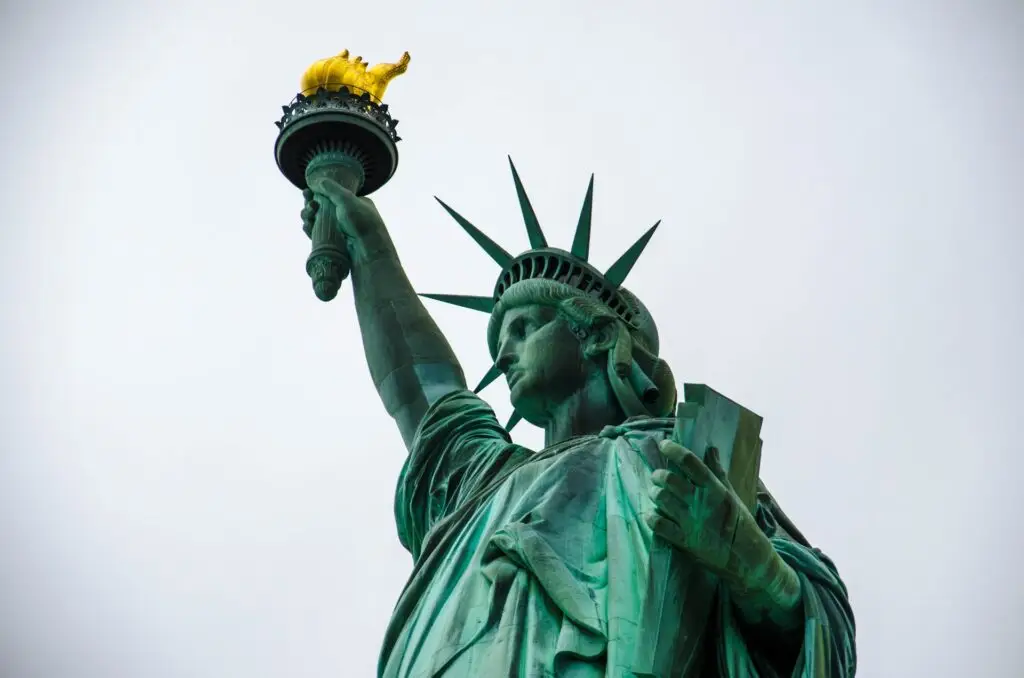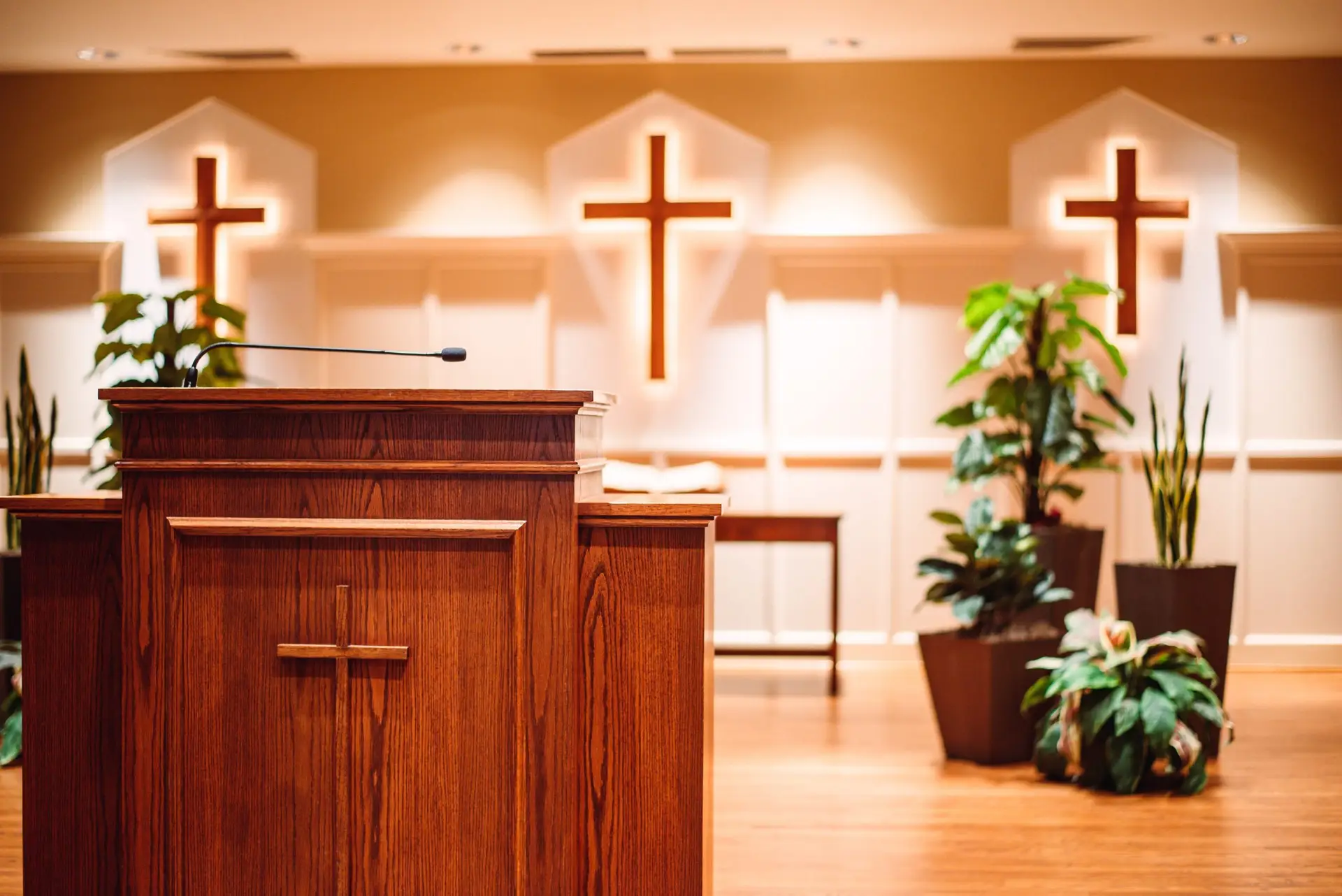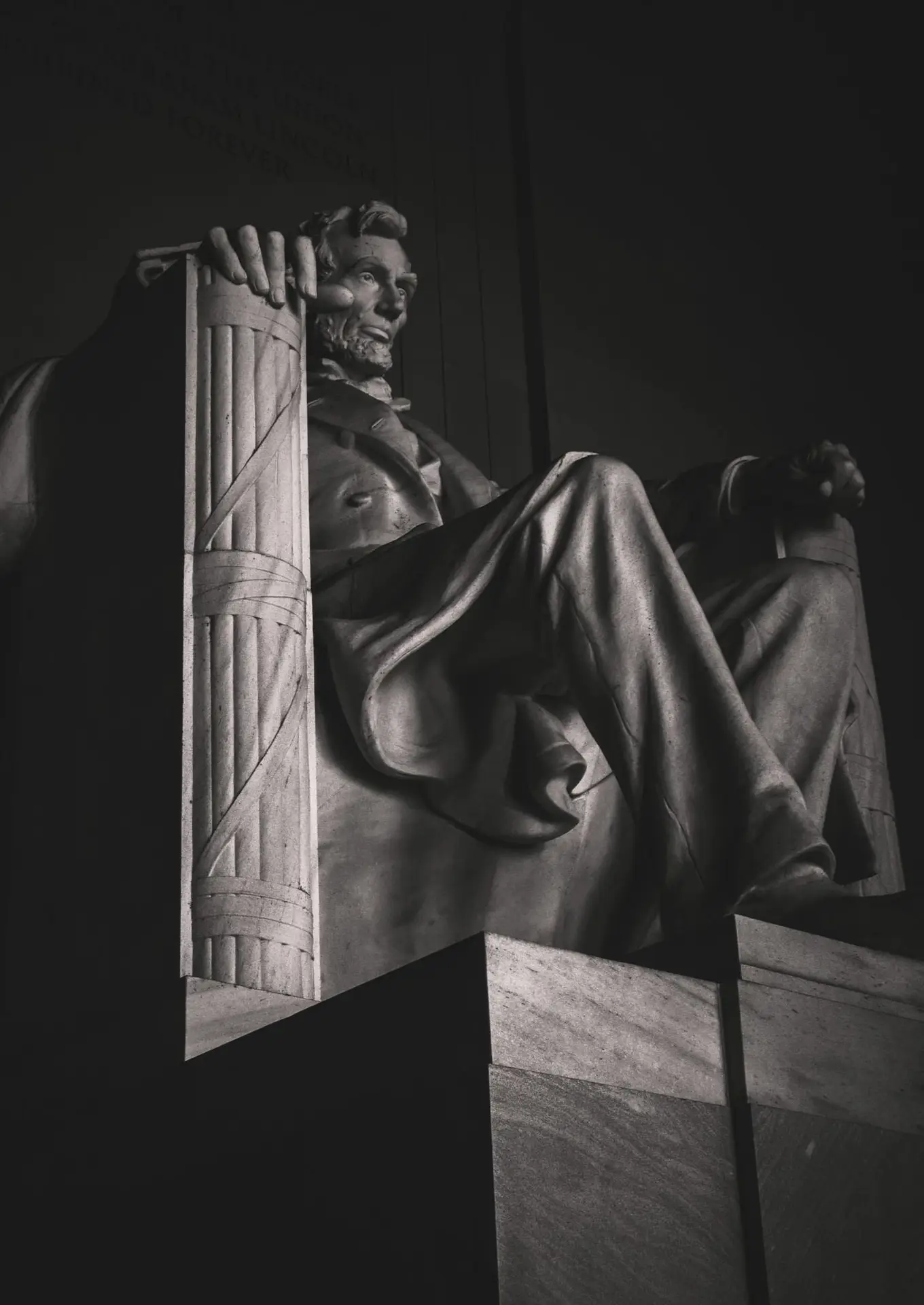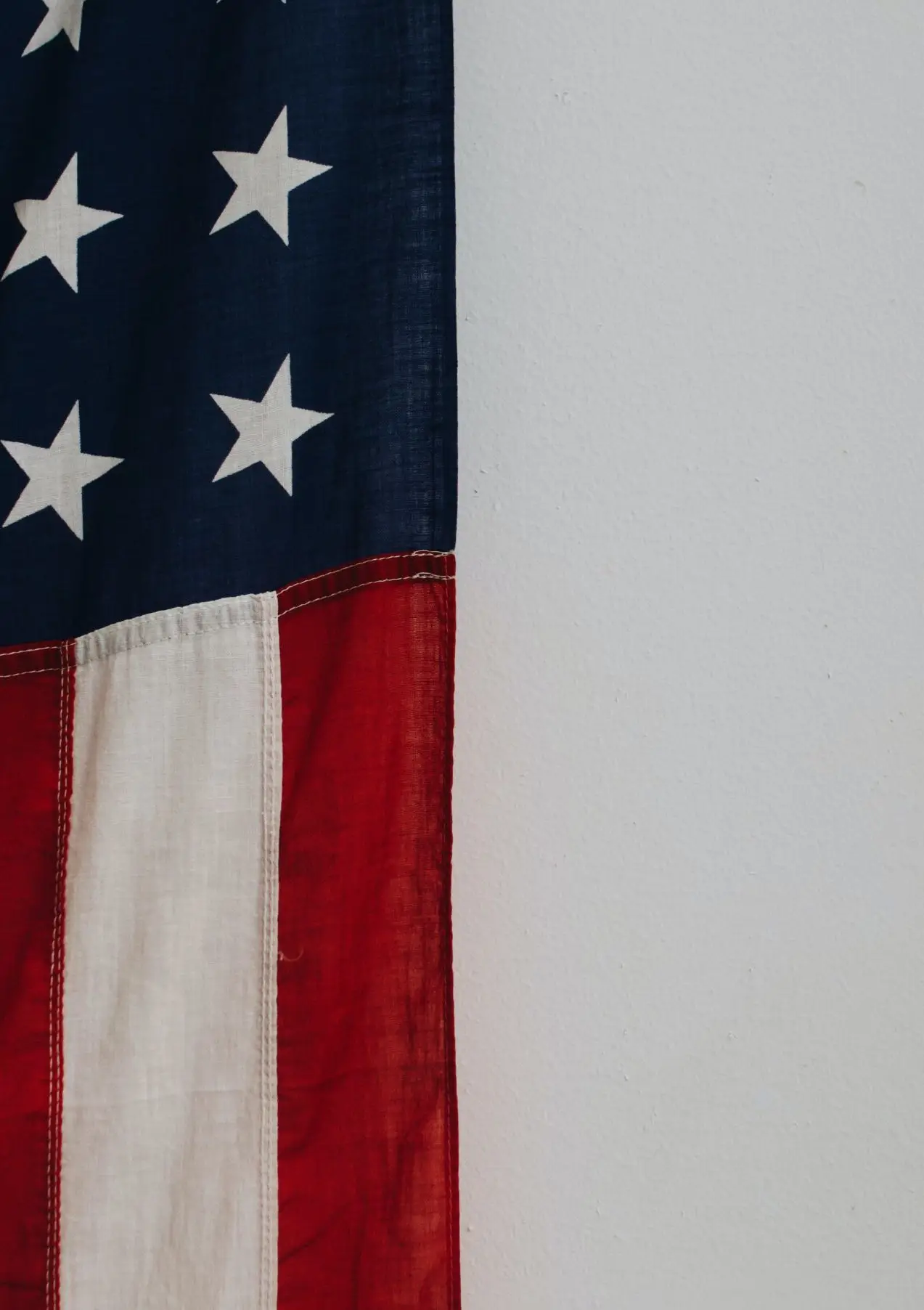For years some observers have warned that the day is coming when religious groups in the United States will have to silence their voices about certain moral and ethical issues or be “punished” by governmental entities.
Most people scoffed at that message, believing religious liberty was so thoroughly ingrained in the nation through the U.S. Constitution and in the people through generations of practice that government forces would never attempt to force citizens to compromise their “inalienable right” of religious liberty.
More recent developments are causing some thoughtful people to listen more closely to voices predicting the loss of religious liberty. Today the United States seems caught up in a struggle between religious liberty and other competing values.
Current antagonists are sexual ethics and religious liberty. Media outlets have carried an array of stories about bakers, florists, pharmacists, nurses, physicians, hospitals and others. These stories shared the tensions between people trying to live out their religious liberty in the face of national values linked to abortion, sexual identity and same-sex marriage.
Some of these cases are headed for the U.S. Supreme Court for greater clarification. However, signs are not encouraging for those committed to religious liberty as the dominant value.
At the University of Iowa, a student organization called Business Leaders in Christ lost its status as an official on-campus organization because it requires leaders to hold biblical beliefs about sexuality.
In accordance with school requirements, the organization is open to everyone, but organizational leaders must affirm the group’s statement of faith, which upholds marriage between one man and one woman adding that “every other sexual relationship beyond this is outside of God’s design and is not in keeping with God’s original plan for humanity.”
That requirement, school administrators concluded, violates the university’s nondiscrimination policy. The Business Leaders in Christ organization was prohibited from reserving campus meeting space, participating in student recruitment fairs, use of university-wide communications services and more.
Interestingly, fraternities and sororities are able to restrict membership based on gender but remain officially recognized even though they are not open to all comers.
The Christian group argues that all groups, religious or not, should be allowed to ensure leaders chosen by the group who embrace the mission of the organization.
Instances like these cause some observers to worry that what is now taking place in Canada may soon take place in the United States. Their churches and other Christian groups must affirm support for abortion or lose eligibility for a government program that helps provide over 70,000 summer jobs annually.
The summer jobs program provides jobs for a student in places like summer camps, daycares, drop-in centers and other program run by church groups and other religious organizations. Canada’s Employment Minister Patty Hajdu now requires that each organization seeking to participate in the summer jobs grant program check a box stipulating they have a “core mandate” which respects “reproductive rights.”
Unless the box is checked, the application cannot be accepted.
One source argued this stipulation was purposely aimed at groups opposing abortion like the Roman Catholic Church, evangelicals and other religious organizations.
During an interview at McMaster University in Hamilton, Ontario, Canadian Prime Minister Justin Trudeau said, “This is a really important right that we have established and there are organizations out there that couch themselves as freedom of speech, freedom of conscience.
“Of course, you’re more than allowed to have whatever beliefs you like, but when those beliefs lead to actions determined to restrict a woman’s right to control her own body, that’s where I, and I think we, draw the line as a country,” he added.
In light of these and many other cases, it should not be surprising that people who value religious liberty are beginning to worry about its role in the future of this nation and the world. As Christians, we believe religious liberty is a God-given right. No one, including no government, can stand in the sacred space between the created and the Creator except for Jesus Christ, the great High Priest.
Commitment to religious liberty has been part of the foundation of this nation and championed by churches for generations. Religious liberty is an inalienable right in this nation. It must always be an inalienable right. That will only happen when the church champions religious liberty for all and defends it against other competing values.




